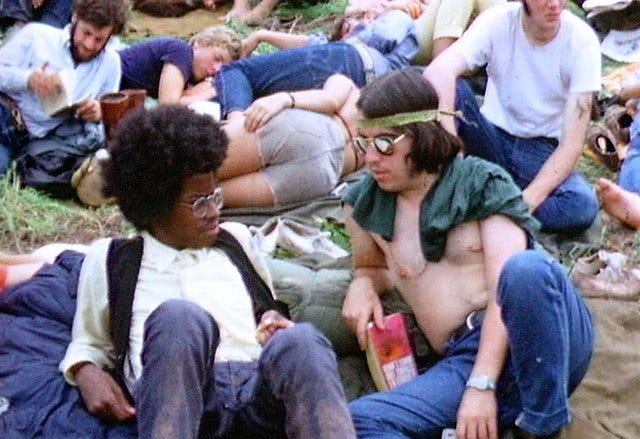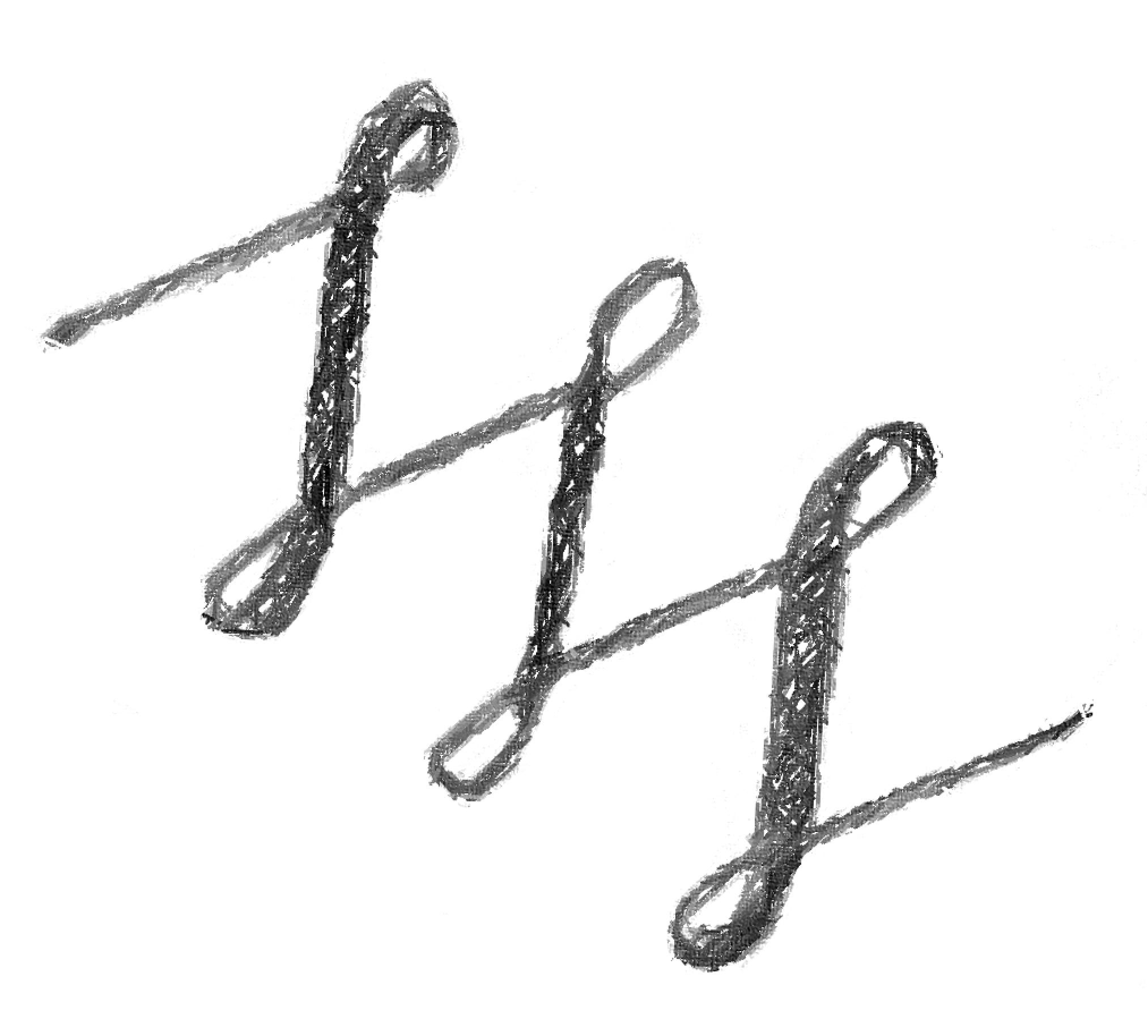Hi all,
Thank you for joining me for today’s song, “What’s Goin’ On”, by Marvin Gaye. If you’d like to hear the song before you read about it, I’ve included a YouTube video below the article.
Below, you’ll find my interpretation of the lyrics (written in italics). Comments and questions are welcome. For Japanese students, vocabulary words in bold are provided in Japanese below. TOEFL (PBT) 450+, Eiken 2, CEFR B1.
(557 words)
American involvement in Vietnam started in 1955. The U.S. government was afraid that communism would spread from the north to the south and on to neighboring countries. Little by little, American soldiers were drafted to go and fight against the North Vietnamese soldiers. There were 900 in 1960, 184,000 in 1965 and 536,000 in 1968.
In 1965, African Americans were 12% of the general population of the U.S. However, the percentage of African Americans who served in combat in the Vietnam War that year was 31%. Young people who were in college were able to get a deferment, meaning they could put off going to the military until after they finished their studies. Due to discriminatory policies, for example, many young black men were not in college and could not take advantage of the deferment.
More than 300,000 black Americans fought in Vietnam and had higher numbers of deaths and injuries. Dr. Martin Luther King, Jr. referred to the Vietnam War as a white man’s war, a black man’s fight. (1)
By 1970, many Americans didn't agree with the war that was happening in Vietnam. There were widespread demonstrations against it. This is a song against sending young men to fight.
Mother, mother
There's too many of you crying
Brother, brother, brother
There's far too many of you dying
.
You know we've got to find a way
To bring some loving here today
Under President Richard Nixon and Secretary of State Henry Kissenger, the war in Vietnam expanded into Laos and Cambodia. This is known as escalation, or a rapid increase in how much the two countries were bombed.
Father, father
We don't need to escalate
You see, war is not the answer
For only love can conquer hate
.
You know we've got to find a way
To bring some loving here today
.
Picket lines (sister) and picket signs (sister)
Protesting against the war and other issues in society during the 1960s, people stood or walked in picket lines. They carried signs and chanted slogans.
Don't punish me (sister) with brutality (sister)
In the 1960s, police "brutality" meant when police officers used too much force or hurt people without a good reason, especially during civil rights protests and marches.
Talk to me (sister), so you can see (sister)
Oh, what's going on (What's going on?)
What's going on? (What's going on?)
Yeah, what's going on? (What's going on?)
Right on is a phrase young people used in the 1960s and 70s when they strongly agreed with someone or to support someone.

Mother, mother
Everybody thinks we're wrong
Oh, but who are they to judge us
Simply 'cause our hair is long?
The 1960s was a time of social change. Many young people wanted lives that were different from their parents. They didn’t want to work day after day jobs that had no personal meaning. They didn’t want to work just to make money to buy new refrigerators. They wanted a different kind of lifestyle, with new fashions, new ways of thinking, freer ways of performing, new sounds in music. Their fathers always wore their hair short and well-combed. These young people said that there were different ways of living, and many chose to wear their hair long, and this brought criticism from older people.
Oh, you know we've got to find a way
To bring some understanding here today
.
Picket lines (brother) and picket signs (brother)…
Question:
Do young people in your culture want to live a different lifestyle from their parents?
Vocabulary
draft 徴兵
deferment 延期,猶予
discriminatory 差別的
widespread 広く普及している
secretary of state 国務長官
conquer 征服する
brutality 残忍性
well-combed よく梳かされた
Sources
(1) Research guides: Racial, ethnic, and religious minorities in the Vietnam War: A resource guide: Introduction. Introduction - Racial, Ethnic, and Religious Minorities in the Vietnam War: A Resource Guide - Research Guides at Library of Congress. https://guides.loc.gov/racial-ethnic-and-religious-minorities-in-the-vietnam-war . Accessed 11 April 2024.
More background at https://performingsongwriter.com/marvin-gaye-whats-going-on/







What's also interesting is how the song was made. Barry Gordy, the owner of Motown records wanted to make happy pop songs that appealed to everybody. When Marvin Gaye started writing songs with social commentary, Barry refused to let him record them, saying that no one wanted to hear songs about depressing topics. Marvin waited until Gordy was away on vacation, went into The studio and recorded his album "what's Going On?" which included this song, "Trouble Man," and other topical songs. This album became Gaye's magnum opus, a wildly successful hit record, and one of the very first albums to focus on social commentary. Still considered one of the great albums of all time.
So thought provoking. The 1960s brought so much change and I remember it well. Have things REALLY changed? Or is history just repeating itself? Same script, different locations, different actors. We could benefit from learning more from our historical roots and growing from them.
Songs do reflect the times and carry the message forward. How profound!